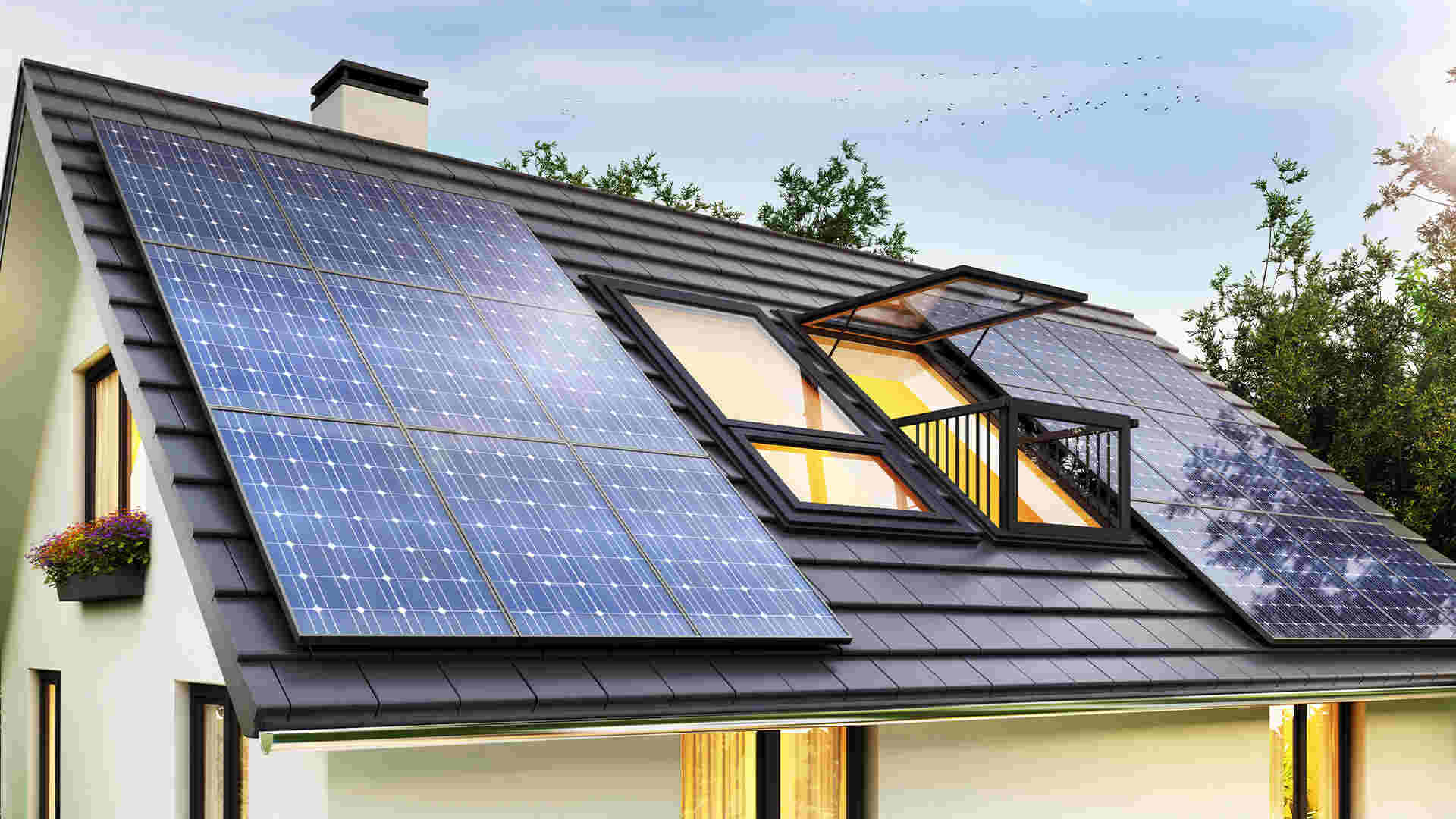
True cost economics is all around us and hard to pinpoint without specifics or real-time data. But the cost-effectiveness of the solar industry, even state to state across the nation, reigns supreme.
Going solar adds value to all homes, even apartment complexes. And the numbers show, financially, that it is a wise investment for every type of homeowner, renter, and apartment dweller.
Find out how solar energy benefits would impact your income tax returns at the end of the solar system’s leeway.
Lower Electricity Bills

Going solar has many financial benefits. One of the most appealing is the potential to significantly lower household electricity bills. When homeowners install solar panels, the energy produced is taken directly from the sun and helps to power their homes. This reduces the amount of electricity that would have otherwise been purchased from the local utility company and leads to lower bills.
Reduction in Monthly Electricity Bills
In the past few years, solar system prices have decreased significantly. They have also become more efficient in turning more sunlight into energy. Installing a solar system can help offset the cost of using electricity daily, meaning the homeowner will pay less each month.
Your solar panels also give you a more reliable energy source that is powered only by the sun and doesn’t depend on the grid. This makes it a much cheaper and more sustainable choice in the long run.
Cost Savings Over the Lifetime of the System
Solar panel systems are able to last up to thirty years. With zero emissions, they are renewable for maximum savings. The savings are made because continuous, real-time power is generated and does not need to be bought from the grid or any other energy provider.
With solar, no matter how many years have gone by, the system will remain unpaid for and generate the same amount of electricity. Solar energy users can save up to thousands of dollars annually.
Improved Return on Investment (ROI) Over Time

Solar power can save you a lot of money, especially regarding return on investment (ROI). ROI compares the amount of money made from an investment to how much solar panel costs to invest in the first place. When it comes to solar, the calculation is based on how many kilowatt-hours the system makes (kWh).
As electricity costs increase over time, the savings created by solar technology increase, thus improving the return on investment. Also, because solar panels last longer, the cost of solar energy is spread out over a longer period, and the rate of return goes up.
One of the best things about going solar is that the return on investment is consistent and often more than 10% over time. So, one of the financial benefits of going solar is that your return on investment will grow over time.
Increased Property Value When Going Solar
A home’s resale value will go up by adding solar, giving the owner a chance to make more money when they sell it. This increase in resale value may be because buyers will be interested in a home with solar. After all, it will save them money over time.
If a homeowner decides to put solar panels on their roof, the value of their home will go up, which will help them sell it or make a profit in the future. You could go over here to learn more about the best solar installer today.
Tax Incentives and Credits
Tax incentives and credits are one of the financial benefits available to those who switch to solar power. Some incentives are valid for up to 30 years and can cover up to 30% of installation costs. These incentives can lower the cost of installation and the cost of operation, resulting in a potentially large return on investment.
On the other hand, credits are payments made to customers in exchange for installing solar energy. These credits are normally equal to a set amount per kilowatt-hour of energy produced by the solar system and may be paid in cash or in the form of credits on the customer’s energy bill.
Federal Tax Credits
Through federal tax credits, individuals and businesses can write off up to 26 percent of the cost of their solar installation from their taxes. This percentage can increase to 30 percent for businesses looking for a tax incentive for going solar.
State and Local Incentives and Rebates

Some of the best incentives, like renewable energy credits, come from state and local governments. These tax breaks can differ depending on where you live. Still, people who have switched to solar energy usually get big rebates.
Some states offer property tax breaks for solar installations along with other incentives. These incentives can save you a lot of money, which makes going solar an even better financial choice.
Consumers may also use other federal tax credits, such as the solar investment tax credit (ITC). This can be a big benefit for people who put in a home solar system because they can get a tax credit for a portion of their spending.
Reduced Dependence on Utility Companies
By utilizing the clean, renewable energy of the sun, individuals and businesses can enjoy various financial benefits that come with being less dependent on utility companies. Every month homeowners or businesses see the same bill for electricity or gas.
Still, the cost of that energy is increasing yearly. As energy prices continue to rise ad natural resources become more scarce, the cost of electricity and gas will continue to increase. Going solar eliminates this risk and provides consumers with clean, renewable energy free from rising prices.
Gain Financially
Going solar has numerous financial benefits, such as lower electric bills, tax credits, and utility rebates. It is a great way to invest in the future of energy and save money.
Going solar is the clear choice for helping the environment and achieving lower monthly energy costs. Speak with a solar company to learn more about the financial benefits available to you.

